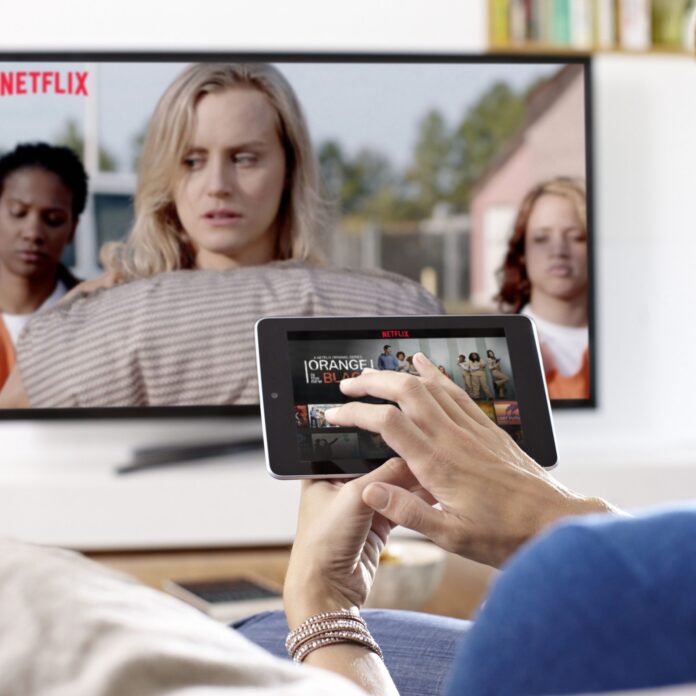Netflix conducts monthly speed rankings based on delivery of its content
Each month streaming-video service Netflix ranks Internet service providers by how fast the networks delivered Netflix content to consumers. The July results were recently released; see how your ISP stacks up.
Although its availability is limited to just a few markets, Google Fiber took the top spot with average Netflix streaming speeds of 3.82 Mbps. The second spot goes to Grande Communications, another small fiber operator.
Nos. 3-6 are, respectively, Midcontinent and RCN (both cable-based networks), fiber-based EPB, then WOW!, which uses cable.
This is the point in the list where we start seeing some of the larger ISPs.
Cox comes in at No. 7 with average delivery speeds of 3.62 Mbps, followed by Cablevision-Optimum at 3.59 Mbps.
Verizon FiOS service, also based on fiber, comes in at No. 11 with an average speed of 3.54 Mbps. Charter and Comcast, both cable-based, took the 13 and 14 spots with respective speeds of 3.46 Mbps and 3.45 Mbps.
Time Warner Cable, renowned for its customer service, comes in at No. 19 with 3.37 Mbps.
AT&T U-Verse was ranked No. 27 with 3.20 Mbps. The company’s DSL service came in at No. 45 with 2.51 Mbps.
Verizon’s DSL service came in at No. 53 with 1.90 Mbps, and the last place honor goes to Clearwire with 1.19 Mbps.
Netflix also generates rankings for some 27 other markets where the company offers its streaming service.
Norway, Denmark and Sweden were among the fastest markets with many of the top ISPs delivering downlink speeds for streaming video in excess of 4 Mbps.
Costa Rico had some of the slowest average speeds with the fastest ISP ranking in that country going to Tigo Star, which delivered an average downlink speed of 2.18 Mbps in July.

